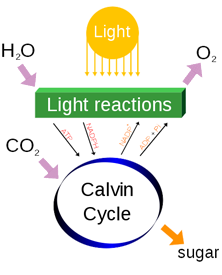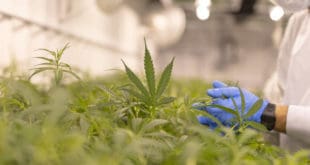
Not to fear, Cambridge is here!
Two initiatives at the University of Cambridge has begun looking at ways to deal with the ever-expanding human population and the demands this brings upon the planet’s resources. One of these initiatives will look at how science can improve the process of photosynthesis to (as naturally as you can) decrease the time it takes for a plant to grow.
This may sound daft, but according to the University of Cambridge this idea is not without its merits. For instance, potatoes, wheat and other crops only have a 5% theoretical maximum for photosynthesis. If this could be increased, it could lead to an exponential increase in vital crop production.
TL;DR: It could avoid worldwide food shortages. If it works.
The project has just been announced, so there are no real studies to show whether or not they’re getting the job done. Once we hear something, you’ll either read about it here or hear about it on one of those “real” news outlets like CNN or ABC. You know. If it works.
 Gearfuse Technology, Science, Culture & More
Gearfuse Technology, Science, Culture & More


